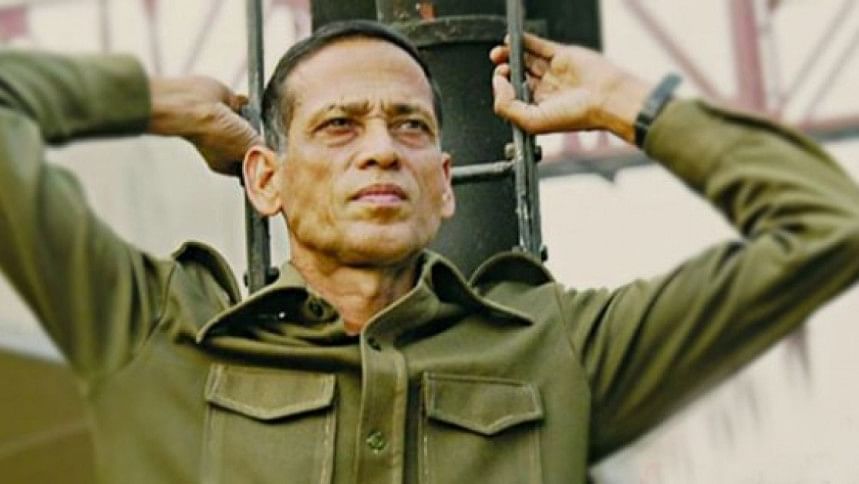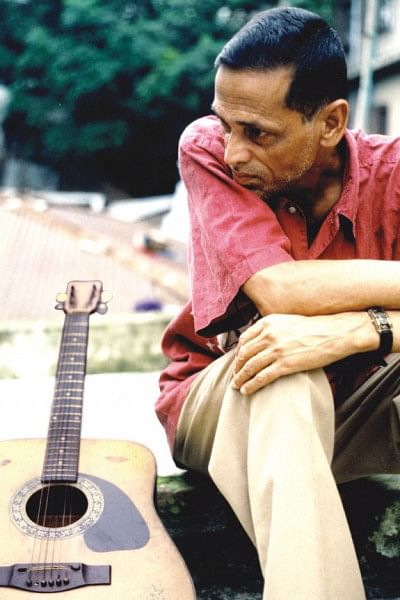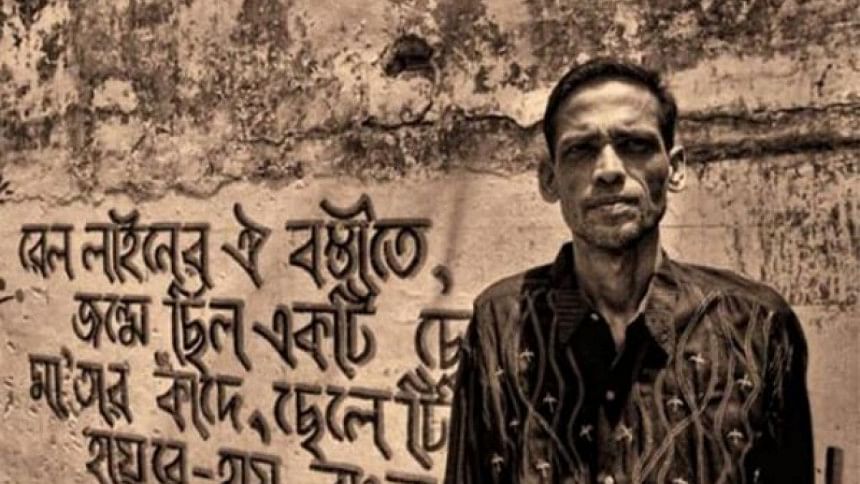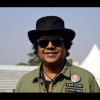Melodies whisper, memories stir: Azam Khan's eternal serenade

Today, we commemorate the 12th death anniversary of the legendary Azam Khan, the true pioneer of rock music in Bangladesh. His profound impact on our cultural landscape, coupled with his unwavering commitment to peace and freedom, continues to resonate even after his passing.
Azam Khan, an emblem of the progressive spirit, emerged as a powerful voice during the 1969 mass upheaval. As an active member of the Kranti Shilpi Goshthi, he fearlessly used music as a weapon against the oppressive Pakistani regime, joining the mass music campaign that united the people.
In 1971, at the age of 21, Azam Khan boldly stepped onto the battlefield, participating in the Liberation War in Sector 2, under the leadership of Major Khaled Mosharraf. With unwavering determination, he engaged in guerilla attacks, fighting alongside his fellow warriors in Cumilla and Dhaka.

Following the Independence of Bangladesh, Azam Khan channelled his energy into music, forming his own band, Uccharan. When he performed the songs "Eto Sundor Duniyay Kichui Robe Na Re" and "Char Kalema Sakkhii Debe", live on Bangladesh Television in 1972, it instantly captured the nation's attention, propelling both the band and Azam Khan to unparalleled fame and adulation.
His debut cassette, "Ek Jug", was released in 1982, followed by several other successful albums and CDs. Notably, his first CD, released on May 3, 1999, marked a milestone in his artistic journey under the Disco Recordings label. One cannot forget the nationwide sensation caused by his powerful song, "Rail liner Oi Bosti te" on Bangladesh Television during the mid-1970s.

Azam Khan's influence on the music scene cannot be overstated. With a discography of over 20 albums, he revolutionised the Bangladeshi music industry through his unconventional approach, distinctive style, and poignant lyrics. His daring spirit inspired the emergence of numerous rock bands, shaping the local music industry as we know it today.
Throughout his illustrious career, Azam Khan enchanted fans with his soul-stirring melodies. Memorable songs such as "Orey Saleka, Orey Maleka, Orey Ful Banu parli na bachatey", "Alal O Dulal", "Obhimani", "High Court er Mazarey", "Chup Chup Anamika Chup" and "Ghum Ashena", along with numerous others, left an indelible mark on the hearts of his devoted fans.

In 2010, Azam Khan received a devastating diagnosis of cancer. He passed away on June 5, 2011. Nevertheless, his memory lives on in the love and admiration his fans showcase to date. His music is forever etched into their hearts.


 For all latest news, follow The Daily Star's Google News channel.
For all latest news, follow The Daily Star's Google News channel. 









Comments